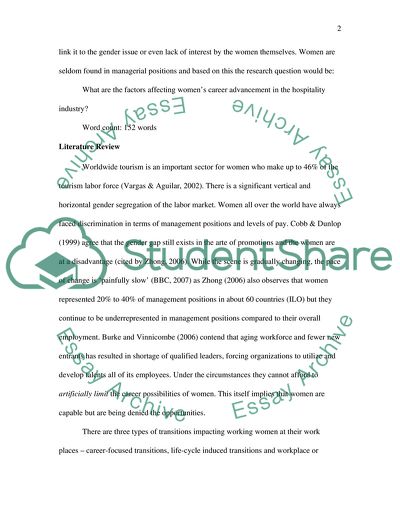Cite this document
(Career Gender Equality Term Paper Example | Topics and Well Written Essays - 2413 words, n.d.)
Career Gender Equality Term Paper Example | Topics and Well Written Essays - 2413 words. Retrieved from https://studentshare.org/human-resources/1709999-proposal-for-a-disseration
Career Gender Equality Term Paper Example | Topics and Well Written Essays - 2413 words. Retrieved from https://studentshare.org/human-resources/1709999-proposal-for-a-disseration
(Career Gender Equality Term Paper Example | Topics and Well Written Essays - 2413 Words)
Career Gender Equality Term Paper Example | Topics and Well Written Essays - 2413 Words. https://studentshare.org/human-resources/1709999-proposal-for-a-disseration.
Career Gender Equality Term Paper Example | Topics and Well Written Essays - 2413 Words. https://studentshare.org/human-resources/1709999-proposal-for-a-disseration.
“Career Gender Equality Term Paper Example | Topics and Well Written Essays - 2413 Words”, n.d. https://studentshare.org/human-resources/1709999-proposal-for-a-disseration.


